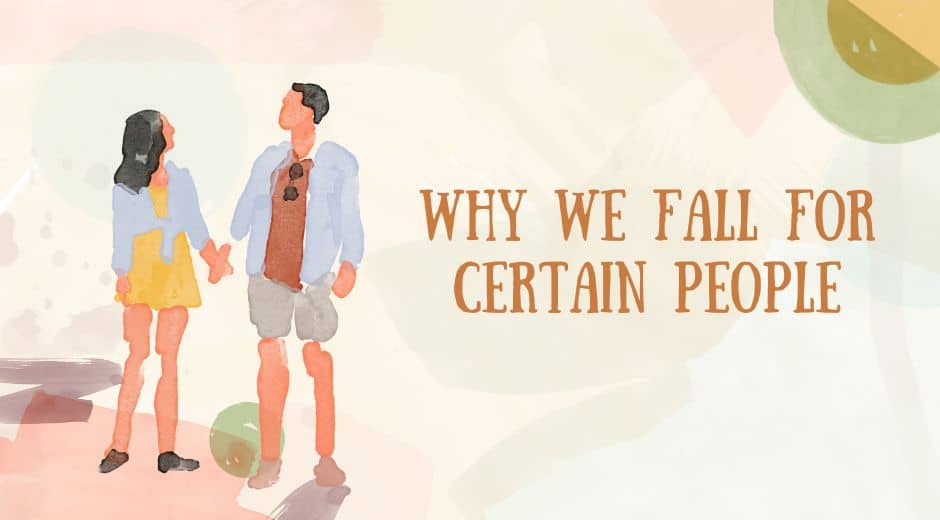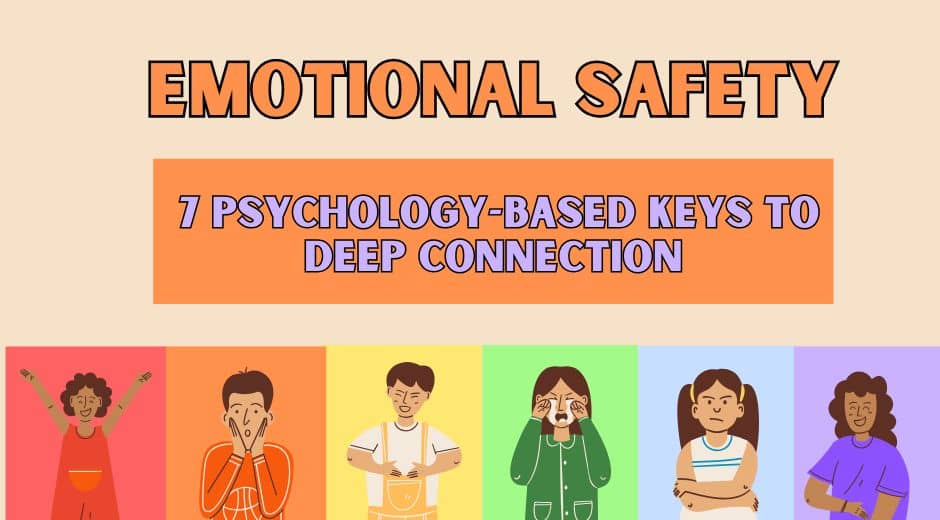5 Surprising Love Psychology Insights That Can Improve Your Dating Life
5 Surprising Love Psychology Insights That Can Improve Your Dating Life
Dating can feel like navigating a maze — exciting yet unpredictable. Understanding love psychology offers insight into why we behave the way we do in romantic relationships. By learning the underlying mechanisms of attraction, attachment, and emotional connection, you can improve your dating life and build more meaningful bonds.
Here are five surprising insights from love psychology that can transform your approach to dating and relationships.
1. First Impressions Are Deeply Psychological
Humans form impressions of potential partners within seconds, often subconsciously. Body language, tone of voice, facial expressions, and even scent heavily influence attraction.
While physical appearance is part of the equation, psychological cues such as confidence, humor, and warmth play a significant role. Awareness of these subtle signals can help you project authenticity and increase your attractiveness.
Tip: Practice active presence on dates — maintain eye contact, smile genuinely, and mirror positive energy. These micro-behaviors strengthen first impressions and set the stage for deeper connection.
2. Emotional Intelligence Matters More Than Looks
While physical attraction matters initially, emotional intelligence (EI) often determines long-term relationship success. People with high EI can understand and manage their own emotions while empathizing with their partner’s feelings.
This ability facilitates open communication, conflict resolution, and deeper intimacy. Research consistently shows that couples with strong emotional intelligence report higher satisfaction and fewer arguments over time.
Practical Step: Work on recognizing your emotions and expressing them constructively. Reflect on your partner’s perspective to foster mutual understanding.
3. The Power of Similarity and Shared Values
Attachment theory, a cornerstone of love psychology, explains why some people are anxious, avoidant, or secure in relationships.
Secure: Comfortable with intimacy and trust.
Anxious: Crave closeness but fear rejection.
Avoidant: Value independence and may struggle with emotional connection.
Knowing your attachment style — and your partner’s — can predict challenges, help manage expectations, and guide healthier relationship habits. Couples who recognize these patterns communicate more effectively and handle conflicts with empathy.
4. Attachment Styles Influence Dating Patterns
While opposites can attract, long-term compatibility usually relies on shared values, goals, and interests. Similar lifestyles, moral frameworks, and priorities reduce conflict and promote understanding.
Love psychology studies show that aligned values increase relationship satisfaction and stability. It’s not just about liking the same hobbies — it’s about agreeing on life priorities like family, finances, and personal growth.
Actionable Tip: Early in dating, discuss core values subtly. This helps determine compatibility before investing significant emotional energy.
5. Positive Reinforcement Strengthens Bonds
Psychology reveals that consistent affirmation and appreciation build stronger emotional connections. Expressing gratitude, complimenting your partner, and celebrating shared moments activates the brain’s reward pathways, reinforcing love and trust.
Even small gestures — a kind message, a supportive comment, or remembering an important date — increase relational satisfaction. Over time, these acts of reinforcement create resilient, emotionally healthy partnerships.
6. Conflict Can Be Healthy if Managed Well
Many avoid conflict, but love psychology shows that constructive disagreement strengthens relationships. Couples who address issues calmly and openly often build deeper trust and understanding.
Key strategies include:
Focusing on the problem, not the person
Using “I” statements instead of blame
Seeking solutions instead of dwelling on mistakes
By normalizing healthy conflict, you cultivate resilience and prevent resentment from building silently.
7. The Role of Self-Love and Personal Growth
Psychology also emphasizes the importance of self-awareness and self-care in love. Partners who respect themselves and maintain individuality contribute to balanced relationships.
Personal growth enhances dating by:
Building confidence
Clarifying relationship needs
Reducing codependency
Investing in hobbies, social connections, and mental well-being makes you a more attractive and fulfilled partner.
Conclusion
By applying these love psychology insights, you can navigate the dating world with greater confidence and awareness. Emotional intelligence, self-knowledge, and understanding attachment patterns all contribute to healthier, longer-lasting relationships.
Small changes in mindset and behavior can have big impacts — and your dating life will thrive when you approach romance with curiosity, empathy, and care.
Extra Insight
Engaging in shared activities and meaningful conversation strengthens emotional connection.
Reflecting on past relationships can uncover patterns that help guide future choices.
Learning about psychology is not just academic; it’s practical and life-changing.
The Pulse of Love and Dating

Emotional Intimacy and How It Deepens Romantic Bonds
Emotional Intimacy and How It Deepens Romantic Bonds

Relational Presence As The Core Of Meaningful Love
Relational Presence As The Core Of Meaningful Love

Healthy Dating Communication Beyond Texting
Healthy Dating Communication Beyond Texting

Emotional Clarity In Relationships And Decision Making
Emotional Clarity In Relationships And Decision Making

Connection Building Habits For Lasting Romantic Bonds
Connection Building Habits For Lasting Romantic Bonds

Relational Self Awareness And Emotional Responsibility
Relational Self Awareness And Emotional Responsibility












